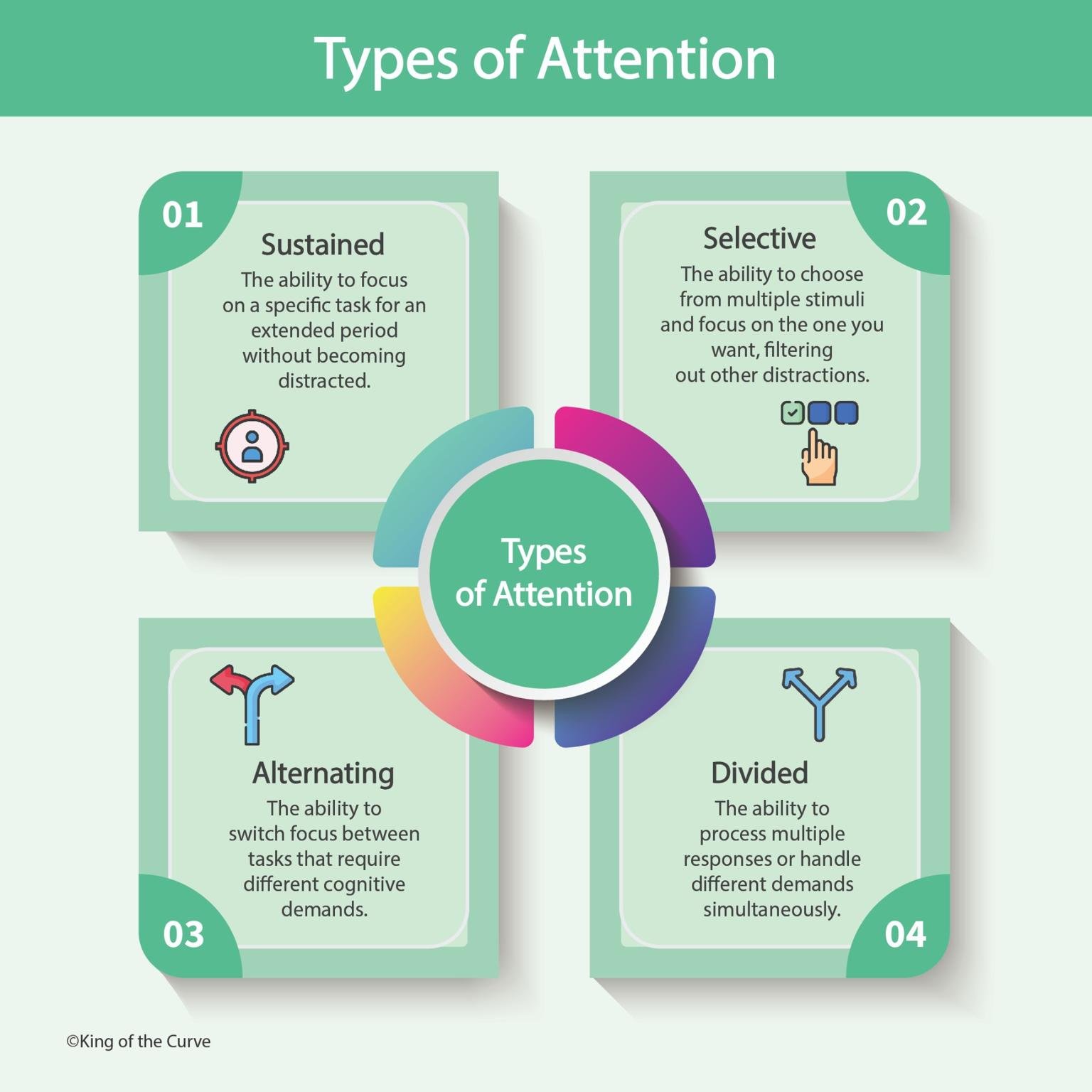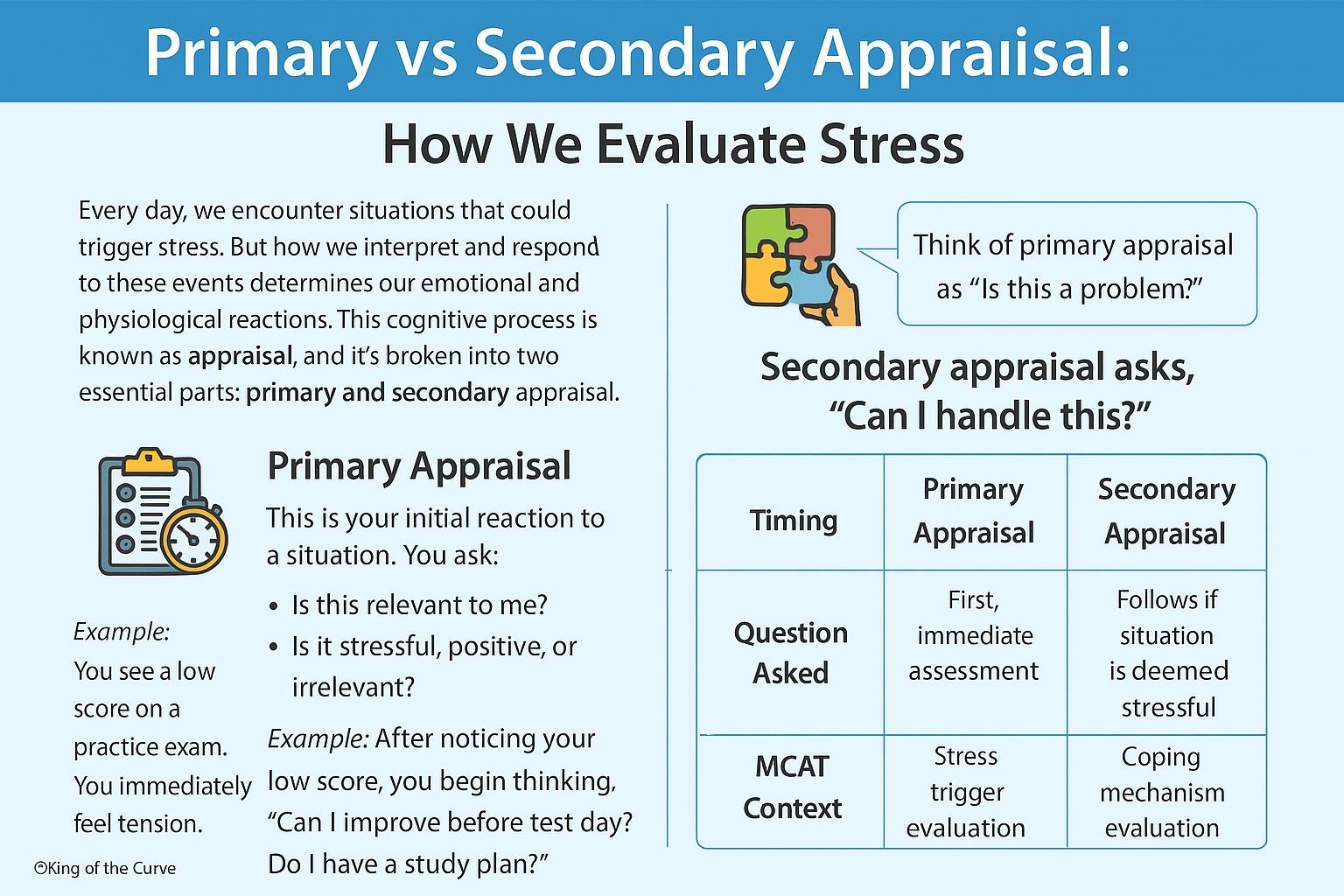
🔒 Prisoner’s Dilemma: Understanding Strategic Decision-Making
A clear and simple explanation of the Prisoner’s Dilemma in game theory. Learn how different choices affect outcomes, explore real-life examples, and understand why cooperation and strategy matter.

🧠 Micro vs. Macro Sociology: Understanding Society from Two Perspectives
Understand the key differences between microsociology and macrosociology from individual interactions to large-scale institutions. This King of the Curve visual breaks down core sociological theories for MCAT and NCLEX prep.

🧠 The Activation-Synthesis Theory of Dreams: Why It Matters for Your MCAT Psych/Soc Prep
Learn the Activation-Synthesis Theory of Dreams with visuals. Ace MCAT Psych/Soc by understanding how the brain interprets neural activity during REM sleep.

🧠 Understanding Prejudice: A Social Psychology Insight for the MCAT
Learn what globalization means and how it influences political, economic, and cultural systems globally. Perfect for MCAT social sciences review.

🧠 Types of Attention: How the Brain Focuses
Learn the four major types of attention with MCAT-relevant examples, scenarios, and strategic takeaways. Visual infographic included.

🧠 Social Loafing on the MCAT: Group Dynamics and Effort Distribution
Learn how social loafing impacts group performance. MCAT guide to group behavior, visual aids, and test-style examples.

🧠 Mastering Operant Conditioning: Shaping Behavior for the MCAT
Learn how shaping reinforces behavior step-by-step. Ace the MCAT Psych/Soc with King of the Curve’s exclusive visual guide to operant conditioning.

🧠 Social Institutions on the MCAT: Understanding the Foundations of Society
Learn how social institutions like family, education, and religion appear on the MCAT. Includes examples, MCAT tips, and a free infographic.

🧠 Stereotype Threat on the MCAT: Understanding Identity and Performance
Learn how stereotype threat affects identity and performance on the MCAT. Understand psychological effects, real-world examples, and exam strategies.

🧠 Social and Human Capital on the MCAT: Understanding Societal Resources and Productivity
Learn how human and social capital appear on the MCAT. Understand key definitions, examples, and exam scenarios with this KOTC visual blog.

🧠 Self Concept vs Self Esteem: Understanding the Psychology of Self
Understand the psychological difference between self-concept and self-esteem for the MCAT. Visual guides, examples, and test-ready strategies included.

🧠 Sociocultural Model of Emotions: What the MCAT Wants You to Understand
Learn how emotions are shaped by culture, relationships, and social context. Master the sociocultural model for the MCAT Psychology section with visual aids.

💡 Rational Choice Theory: Decision-Making in Social Behavior
Learn what Rational Choice Theory is and how it explains human behavior through decision-making. High-yield for MCAT psych/soc and real-world applications in economics and sociology.

🧠 Primary vs Secondary Appraisal: How We Evaluate Stress
Learn the difference between primary and secondary appraisal in stress psychology. Understand how we evaluate threats and plan coping strategies—perfect for MCAT prep.

🧠 Groupthink: When Agreement Overrides Logic
Understand groupthink and how it influences group decisions. Learn its key traits, exam relevance, and how to avoid blind conformity—perfect for MCAT and psych review.

🧱 Kohlberg’s Theory of Moral Development: A Step-by-Step Breakdown for the MCAT
Learn Kohlberg’s 6 stages of moral reasoning for the MCAT. Includes visual pyramid, definitions, examples, and mnemonics from King of the Curve.

🎭 Dramaturgical Theory: Life as a Stage on the MCAT
Understand Goffman’s Dramaturgical Theory for the MCAT with visual examples of front stage vs. back stage behavior. High-yield psych/soc prep.

🧭 Locus of Control Theory: Who’s Driving Your Life?
Master the difference between internal and external locus of control for the MCAT. Includes visuals, examples, and test-style breakdowns.

🎯 Intrinsic vs. Extrinsic Motivation: Know the Difference for the MCAT
Learn the difference between intrinsic and extrinsic motivation using this MCAT-ready visual from King of the Curve. Includes examples, mnemonics, and exam tips.

👥 What Are Folkways? Understanding Social Norms for the MCAT
Learn what folkways are and how they show up on the MCAT. Understand this type of social norm with King of the Curve visuals and examples.
